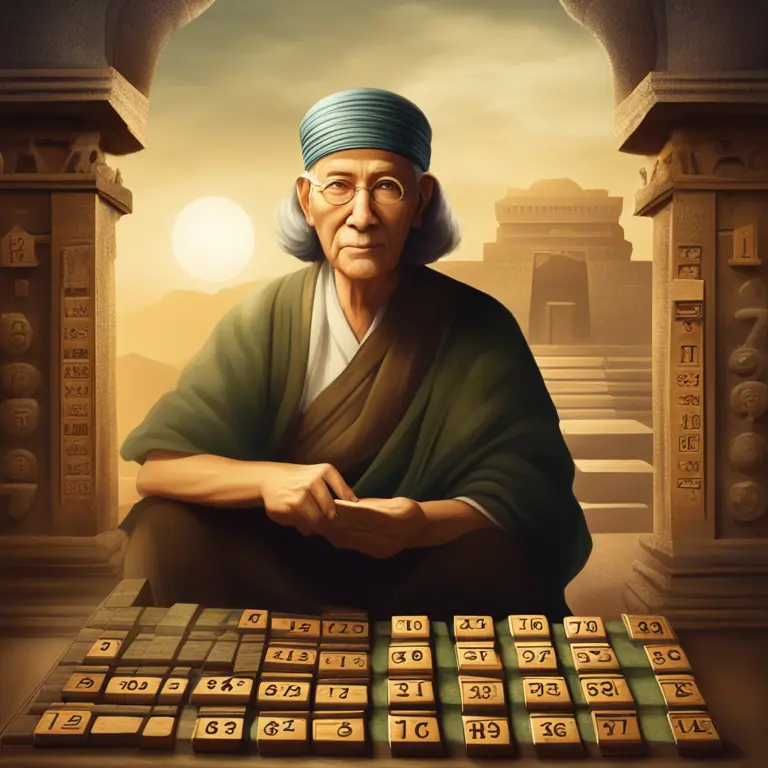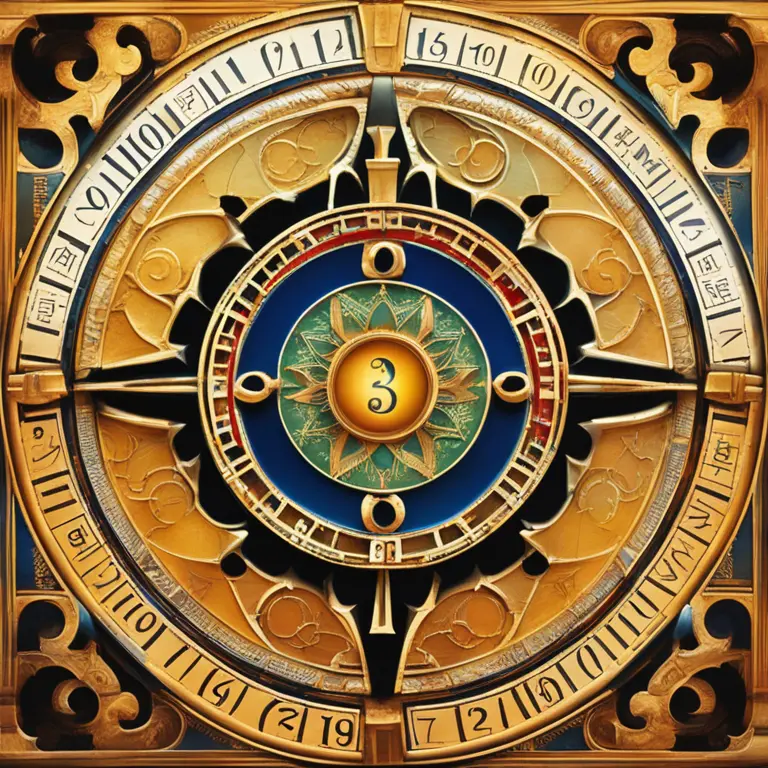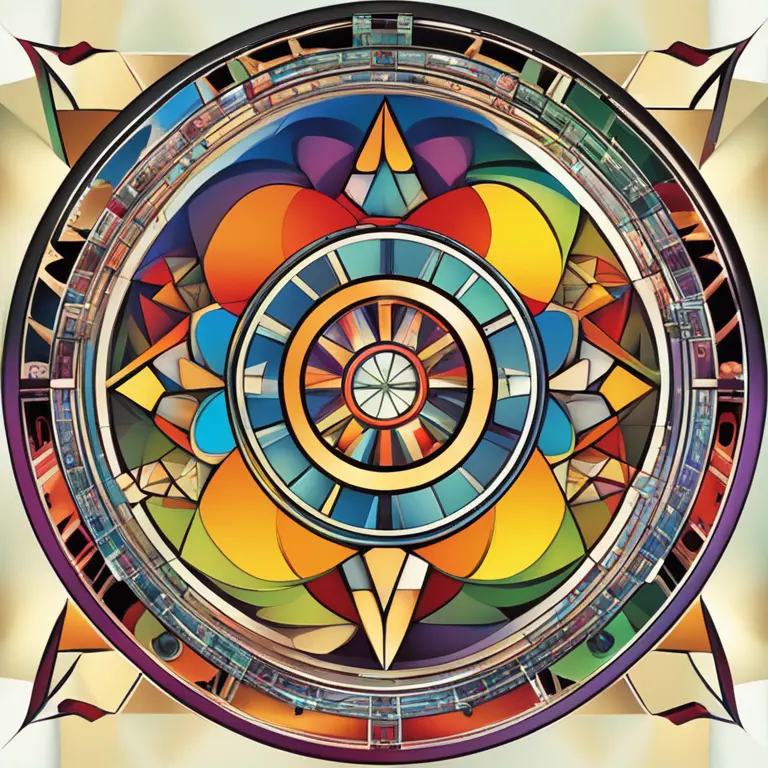
The Origins of Numerology and Its Historical Context
Delve into the history of numerology to discover its origins and how this ancient practice began influencing lives and decisions.
article by Sofia Ferguson
A Glimpse into Numerology's Past
Numerology is a study rooted in the belief that numbers have a divine, mystical relationship with events in the physical world. But when exactly did numerology start? To unveil its beginnings, we must travel back thousands of years to ancient civilizations. These cultures believed that numbers were not merely mathematical symbols but carried profound significance that could influence fate and provide insights into personality and life events. The practice of numerology has evolved over the centuries, but its core fascination with numbers has stood unwavering against time's tide, captivating humans since time immemorial.

The Epicenters of Numerical Wisdom
While it is challenging to pinpoint a precise origin, numerology's echoes can be heard in the halls of ancient Babylon and Egypt, where priests and scholars first pondered the magical properties of numbers. We see this ancient wisdom echoed in the writings of Greece's own Pythagoras, who is often hailed as the father of modern numerology. Pythagorean teachings suggest that reality is mathematical in nature—a revolutionary idea that shaped numerology's course, infusing it with philosophical and scientific vigor as civilisations advanced towards the present day.

Divination and Numerology
Numerology's methodology often intertwines with other esoteric fields like astrology and divination. Civilizations have used these practices side by side, seeking understanding and predictions about life's mysteries. In the ancient world, numerology was a crucial part of the spiritual and intellectual toolkit used to navigate the complexities of existence. Today, it continues to provide insight into the energetic vibrations of numbers, allowing practitioners to interpret personal and universal phenomena through this symbolic language.

Modern Numerology's Renaissance
The advent of the 20th century witnessed a numerological renaissance—thanks to figures like L. Dow Balliett and Dr. Julian Stenton, who are credited with renewing interest in numerology, and more importantly, defining it in the contemporary context. Their work helped crystalize the modern numerological methods and interpretations, making it more accessible to the masses and opening doors to systemic study and application, paving the road to 2024 and beyond.

Numerology Now and in the Future
In today's fast-paced, technologically-driven world, numerology has found new life online. The ease of accessing numerological readings has sparked a broader interest in what numbers might tell us on a collective and individual scale. As we move into 2024 and the future, numerology's principles continue to be applied within different frameworks, including business, relationships, and personal growth initiatives—a testament to its enduring presence across the eras.
Embracing the Enigmatic Guidance
For those who seek a deeper connection with the universe's energetic currents, numerology provides a unique lens—a blend of cosmic intuition and calculated analysis. By bridging the gap between mystical heritage and our modern sensibility, numerology invites us to embark on a journey of self-discovery and awareness, grounded in the belief that numbers have much to offer in understanding the intricate web of life.
Published: 1/16/2024
Modified: 1/16/2024
More predictions
Come back here soon to learn more about yourself and your future


The Aspects of Numerology's Number 4
Delve into the stable and methodical world of Numerology's Number 4, and discover the characteristics and influence it holds in life's journey.


Find Your Love With Numerology
Discover numerology’s potential in guiding your heart – could numbers chart your course to romantic bliss? Find out with our insights on numerology and love.


The Roots of Numerology: An Ancient Practice
Tracing the roots of numerology, this article delves into the ancient beginnings and figures attributed with the creation of this mystical system.